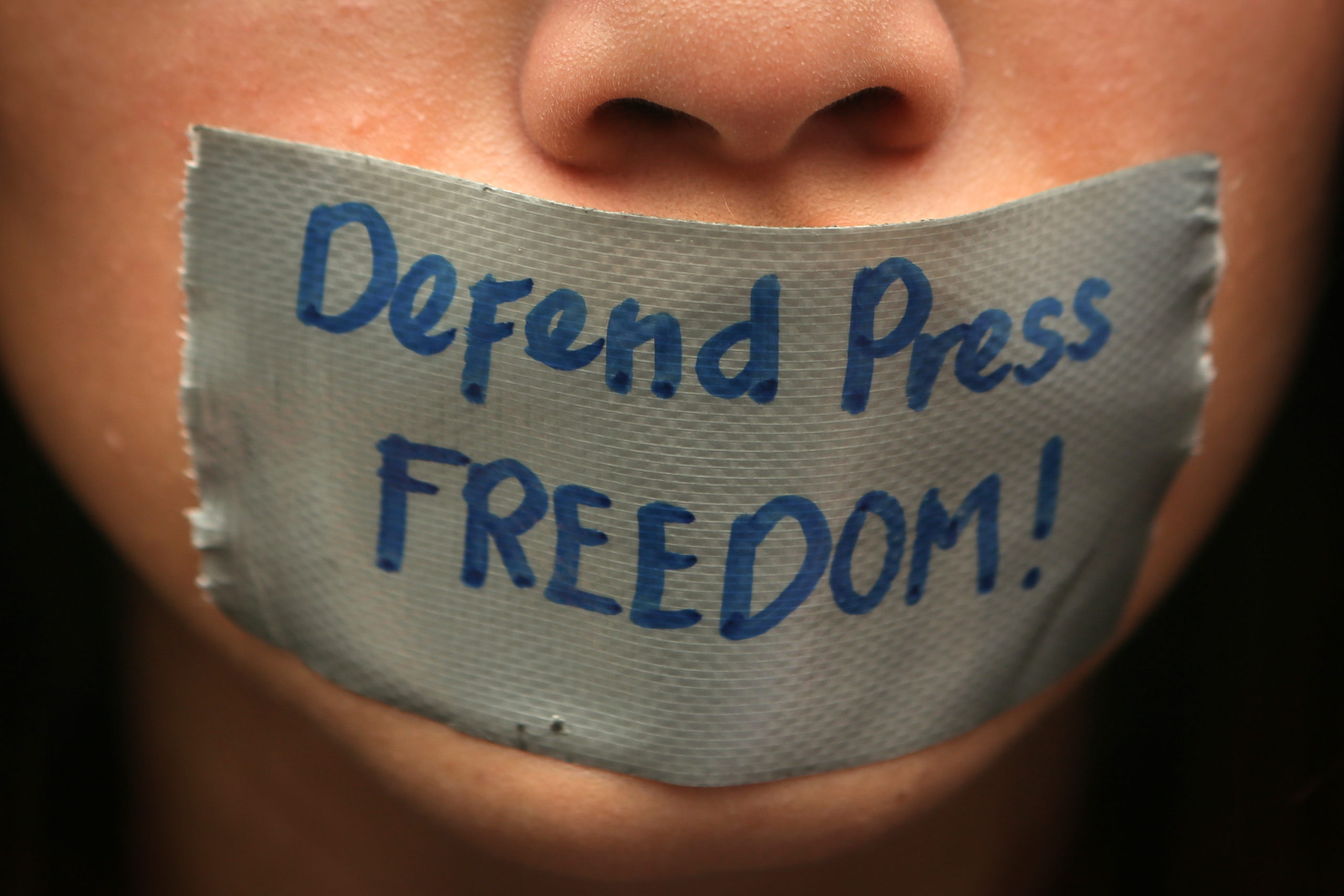The decision of the internet company Meta to stop working with fact-checkers on its social media platforms Facebook and Instagram in the US has also raised concerns among journalists and civil society organizations in the Philippines.
In a statement on January 11, 2025, the #FactsFirstPH coalition condemned Meta head Mark Zuckerberg’s statement that fact-checkers are politically biased and have fueled censorship. According to the coalition’s statement, fact-checkers have never been able to delete posts, as this is reserved for meta-moderators. The coalition also stresses that fact-checking on online platforms is extremely important to curb disinformation. The association also referred to the impact of disinformation on the 2016 and 2022 Philippine presidential elections.
In an open letter to Zuckerberg dated 9 January 2025, the International Fact-Checking Network (IFCN), of which the Philippine media organization Verafiles is a member, warned of possible consequences of Meta’s decision in the US for other fact-checking initiatives worldwide, such as in the Philippines. Jonathan Ong, director of the Philippines-based Singla Research Center, explained in a January 12 Vera Files article that since 2016, many news organizations in the Philippines have relied on grants from big tech companies like Meta to increase their revenue streams. These grants support not only fact-checking partnerships, but also media literacy interventions, independent research, and election monitoring.
In addition, on January 7, 2025, a bill was filed in the Philippine House of Representatives to allow ABS-CBN, one of the country’s former largest television stations, to be reissued a franchise. ABS-CBN had lost its legislative franchise under the Rodrigo Duterte administration in 2020 due to alleged ownership restrictions and pending tax litigations. The shutdown of ABS-CBN was seen as a major blow to media freedom in the Philippines. The bill also points out that the suspension of the station in 2020, which was followed by around 36 percent of the Filipino population, had an impact on the rising number of corona pandemic infections.
Photo © Raffy Lerma

